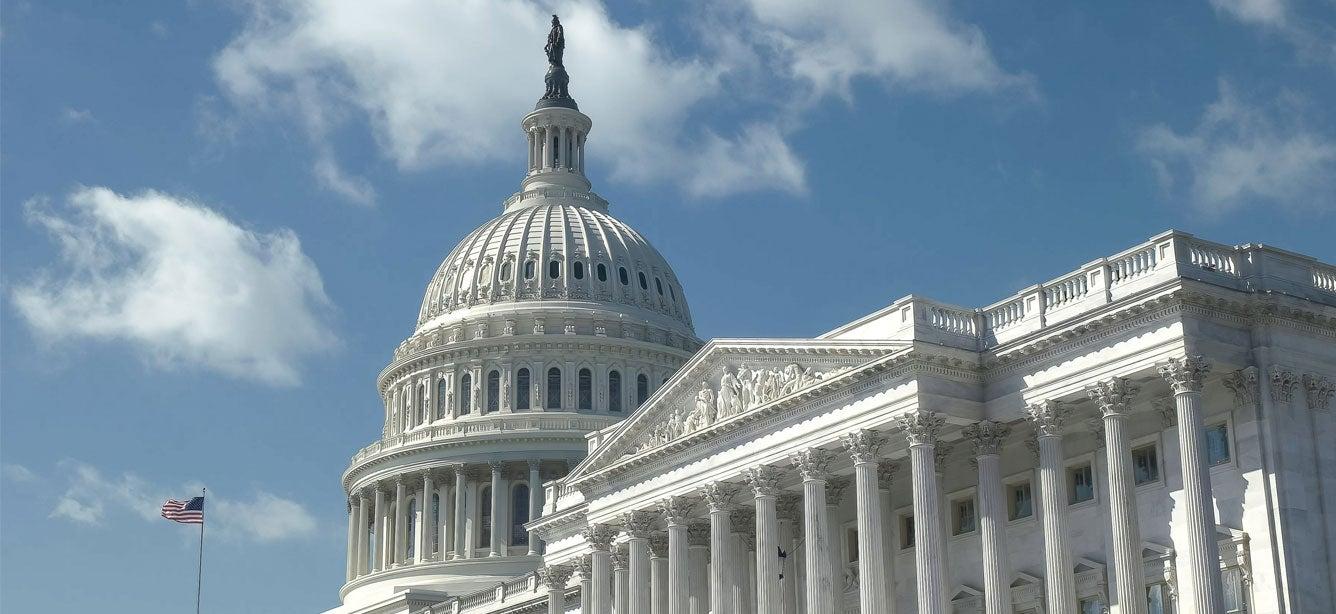National Organizations Urge Congress to Improve Assistance for Low-Income Medicare Beneficiaries
3 min read

An estimated 40% of low-income Medicare beneficiaries spend 20% or more of their very modest incomes on premiums and other health care costs. Out-of-pocket costs for prescription drugs represent a significant share of this amount, accounting for nearly one (1) out of every five (5) beneficiary health care dollars.
If we are serious about reducing health disparities and promoting equity, Congress must improve access to Medicare low-income assistance in the final reconciliation package. In the signed letter below, written and circulated by NCOA, diverse national organizations are urging Congress to include improvements to assistance for low-income beneficiaries.
A major problem is the unduly restrictive asset eligibility test, which penalizes low-income beneficiaries who were able to set aside a modest nest egg of savings to use in case of emergencies. In addition, assistance with rising Medicare Parts A and B cost sharing is available only to those with incomes below 100% of poverty – far less generous than for younger low-income Medicaid enrollees in most states, causing many older adults to lose the help they need when they turn 65.



